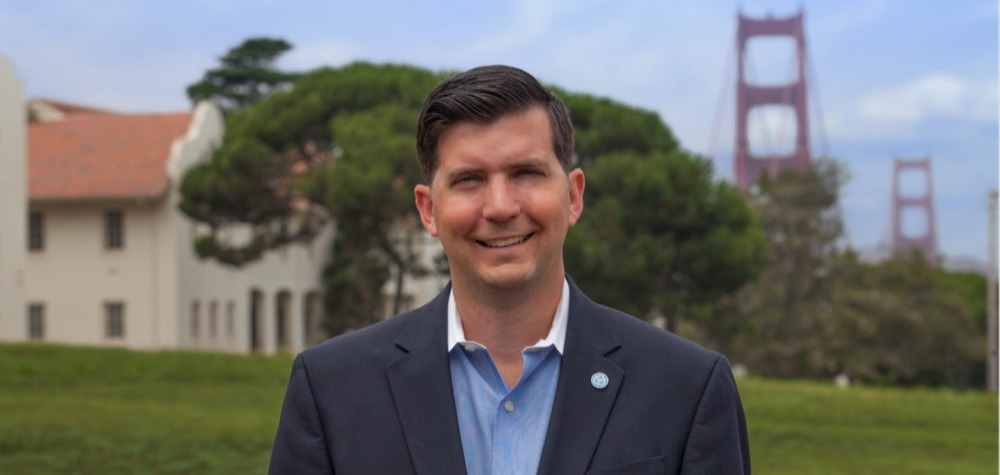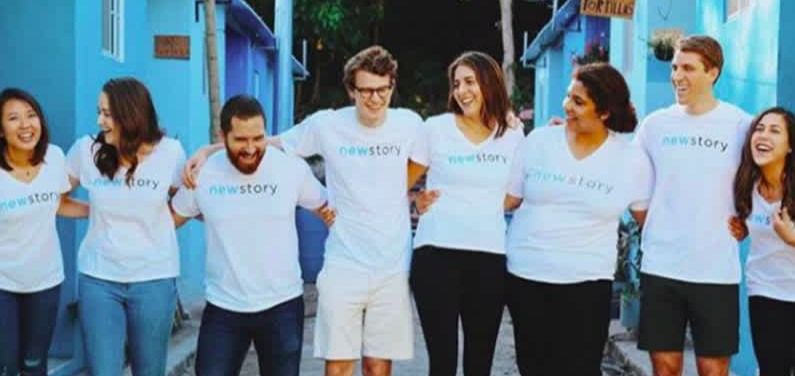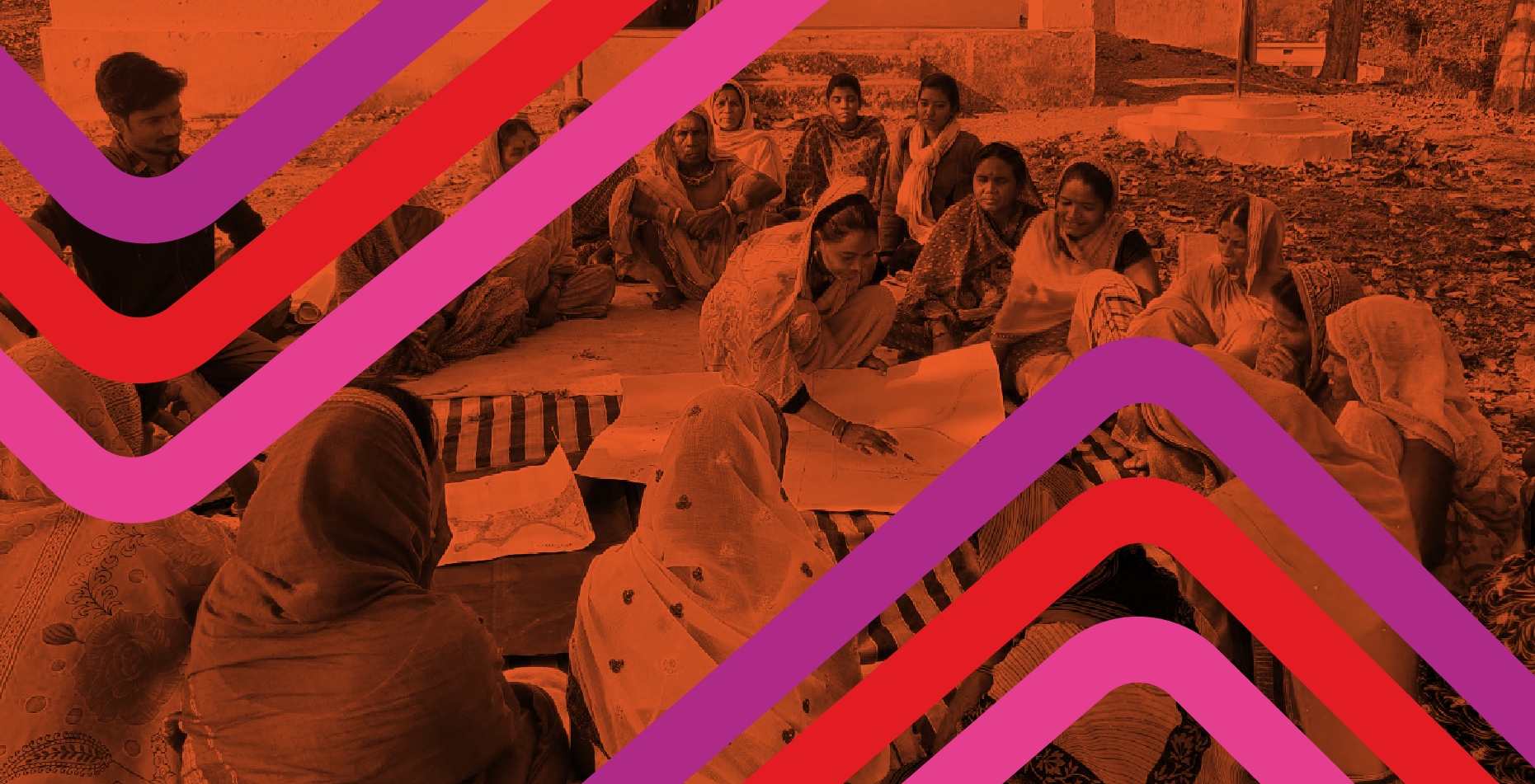Grow as a Leader
On leading change: Why we need to change the way we train leaders
A conversation with David on his journey as a mobilizer and his views on “cross-sector leadership”
August 22, 2016
David Smith had to study for his civil engineering midterm exam, but it was the night of the U.S. presidential election and the vote was too close to call. David stayed up into the wee hours of the morning following the news. Needless to say, he didn’t do well on his midterm the following day.
The need for "cross-sector-leadership"
However, getting such diverse groups of people working together productively is difficult.
For example, government might complain about businesses being overly profit-driven at the expense of community or other ethical considerations, while businesses might complain about over-regulation by the government.
The roots of our lack of “cross-sector leadership” as David describes it has three key elements:
1. Harking back to David’s experience as an undergraduate, our education system is siloed.
2. Our institutions are also siloed. Institutions are often optimized to succeed within their own sectors. “They’ve figured out how to work within their system, their construct, but are there ways to be able to create change at the intersection?” he asked.
3. Which is more of an outcome reinforced by the first two points, is the continued erosion of trust within and between institutions, leaders and communities. There is a real “us vs. them” mentality that permeates much of our work and community life today. This lack of trust is what fundamentally gets in the way of communities collaborating.
What needs to change?
A second shift, is more fundamental, the willingness of a leader to be challenged and perhaps change themselves. This takes great self-awareness, an openness to listening to people unlike yourself and a willingness to find ways to come together. As David notes:
"One person’s truth is not necessarily right over anyone else’s, but collectively you can actually find what it means to be a member of that community. There is a lot of grey and only understanding how you enter into that type of a conversation in a posture of learning, and in a posture of contributing, and in a posture of joint ownership and collaboration…that’s ultimately where you’re going to be able to achieve change. That happens in a fellowship, that happens in a community, that is what civic health is about."
You can listen to my full conversation with David Smith where we discuss:
- David’s journey as a mobilizer, his explanation of the factors that contribute to civic health, and his observations around why civic health in the United States has declined in the last three decades
- David’s view on “cross-sector leadership” and how the Presidio Institute trains such leaders
- Tips on how to think and practice “cross-sector leadership” in your own community



